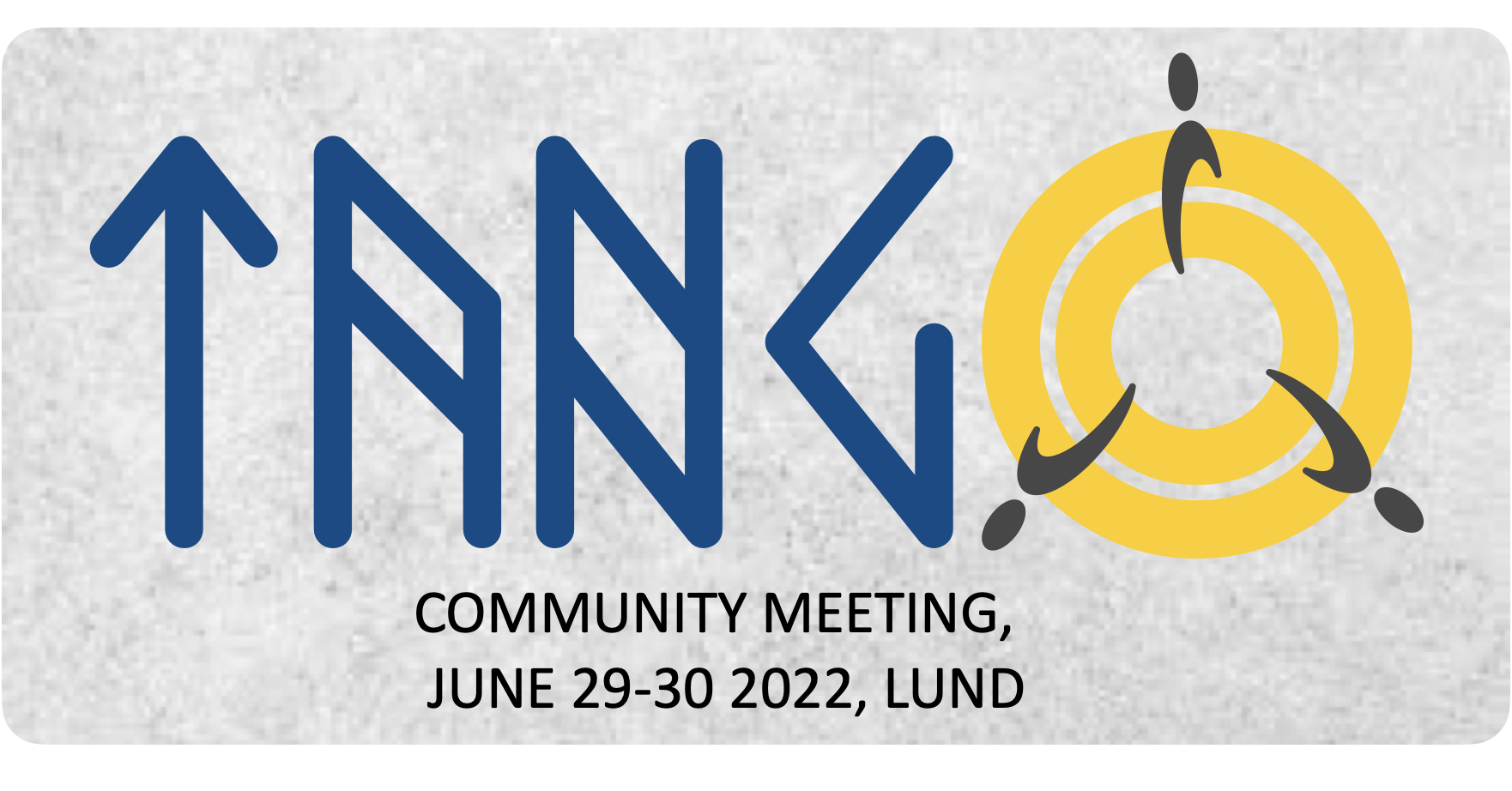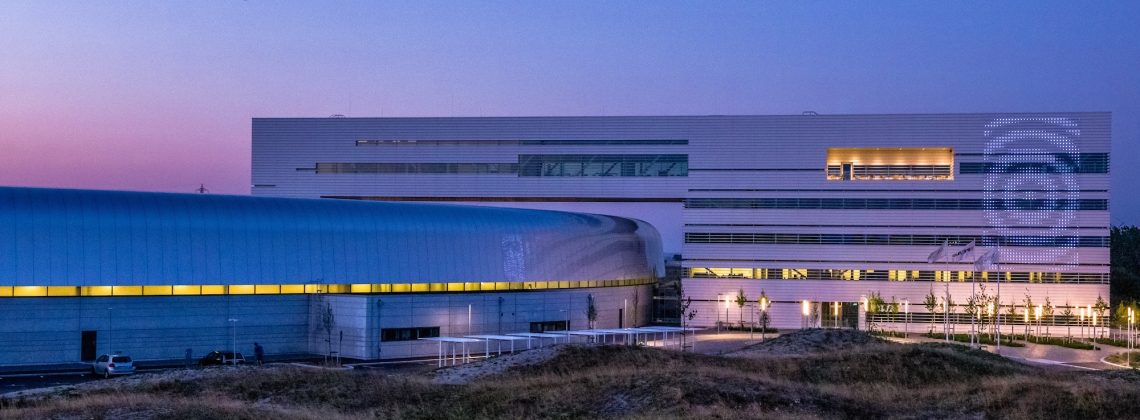36th Tango Community meeting at MAXIV in Lund (Sweden)
→
Europe/Stockholm
MAX III Conference room (Max IV Laboratory)
MAX III Conference room
Max IV Laboratory
Fotongatan 2 - 224 84 Lund - Sweden
,
Description

After 2 years of virtual meeting the 36th Tango Community meeting was hosted as an hybrid meeting by MAX IV Laboratory the 29-30 June 2022.
The remote attendance is free of charge, although registration is recommended. Joining in presence requires the registration and the payment of the fee. Please go to the following link for payment after registration: https://luccp.adm.lu.se/en/36th-tango-community-meeting.html
The venue was located at the MAX IV facility, in the beautiful university city of Lund, Sweden.

Participants
Adrianna Pytel
Albert Ollé
Aleksei Trifonov
Alessio Igor Bogani
Alexander Kessler
Alexander Senchenko
Andrew Goetz
Anton Joubert
Antonio Bartalesi
Arnaud LE MEILLOUR
Arno Schoenmakers
Benjamin Bertrand
Birgit Ploetzeneder
Carla Takahashi
Claudio Scafuri
Corne Lukken
darren spruce
Dmitry Egorov
Emil Rosendahl
Florent Langlois
Giacomo Strangolino
Giulio Gaio
Graziano Scalamera
Guifre Cuni
Gwenaëlle Abeillé
Ireneusz Zadworny
Jack Yates
Jakub Kowalczyk
Jan David Mol
Jan Kotanski
jean-luc BRUNEAU
Jean-Luc PAILLARD
Jens Krüger
Johan Forsberg
Julio Lidon
Lars Lottermoser
Laurent Claustre
laurent ennelin
Lorenzo Pivetta
Maguette SOW
Marco Bartolini
Marco Leorato
Maria Teresa Nunez Pardo de Vera
Matteo Canzari
Matteo Di Carlo
Michal Piekarski
Michał Fałowski
Mikel Eguiraun
Milan Prica
Mirjam Lindberg
Nicolas Leclercq
Piotr Goryl
Reynald Bourtembourg
Sebastian Śliwa
Sergi Rubio Manrique
Stefano Di Frischia
Stéphane Marchand
Stéphane POIRIER
Thomas Braun
Thomas Juerges
Thorsten Kracht
Tomasz Ostatkiewicz
Vanessa Silva
Vincent Hardion
Wojciech Wantuch
Wojciech Zaremba
Yimeng Li
Yuelong Yu
Áureo Freitas
Contacts: Vincent Hardion, Lorenzo Pivetta
